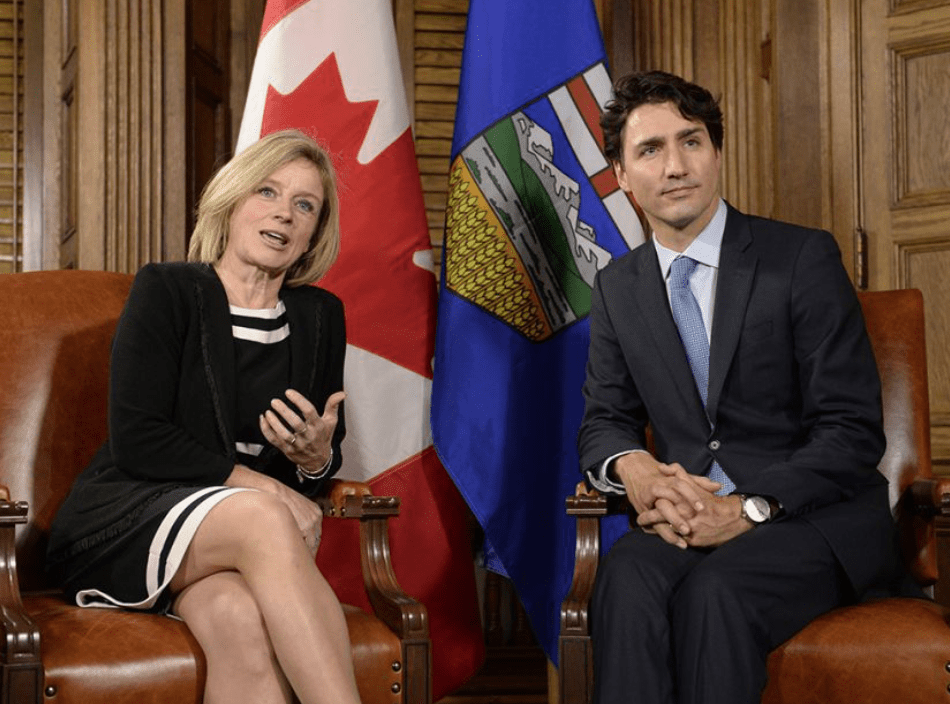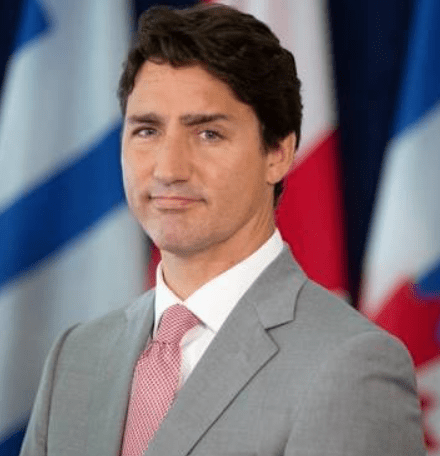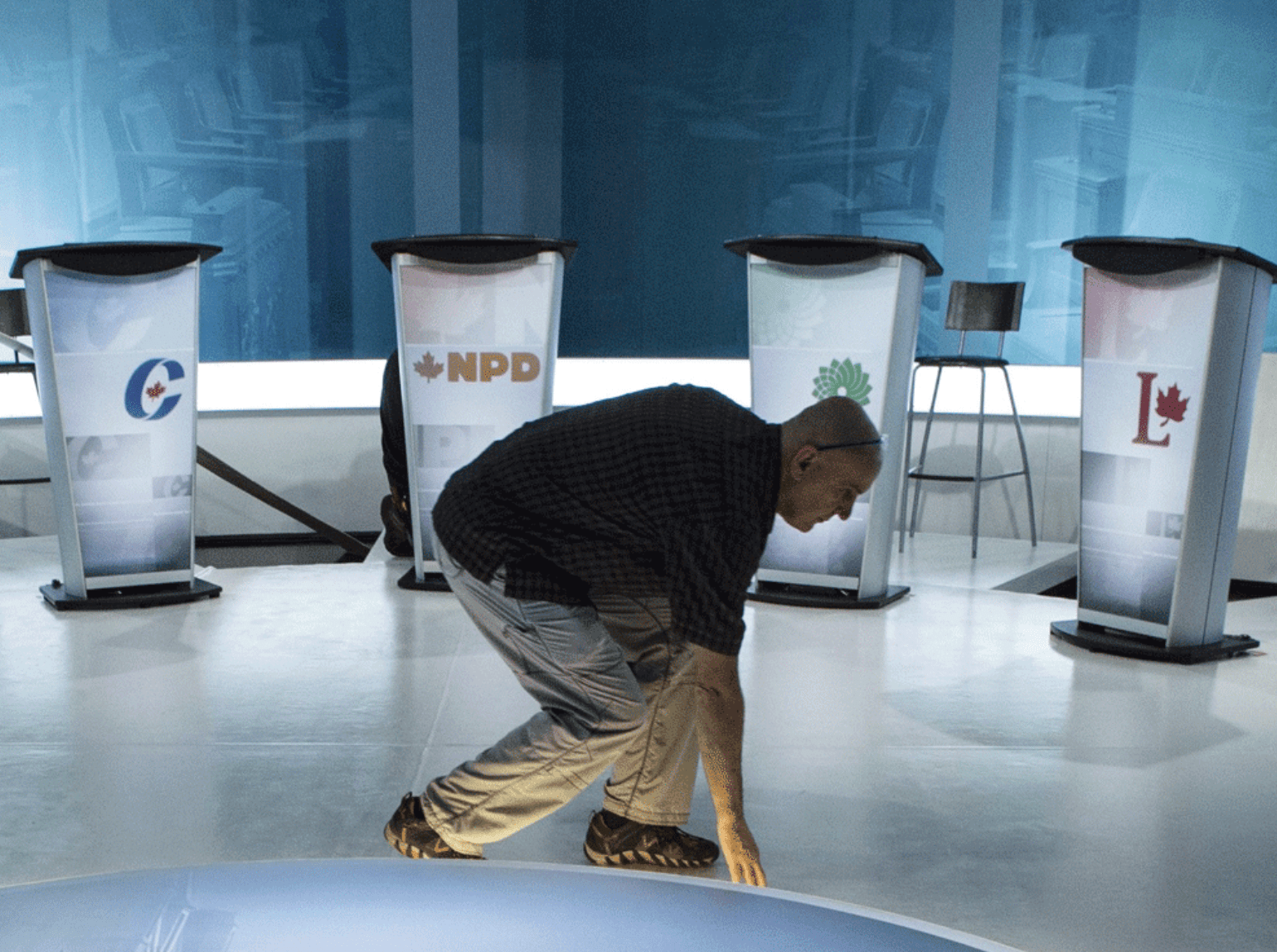No matter how angry Alberta and Rachel Notley get, it looks like Justin Trudeau is not going to pull a rabbit out of his hat to solve the Trans Mountain Pipeline political crisis.
The prime minister visited Edmonton this week with a pretty clear message the government will bow to the Federal Court decision and do the due diligence on marine environmental concerns and First Nations consultation that somehow got missed on the first pass through the regulatory process.
"The Conservatives' approach of 'We're just going to wave a magic wand' is not going to work…," said Trudeau on an open line radio show.
"Using a legislative trick might be satisfying in the short term but it would set up fights and uncertainty for investors over the coming years over any other project because you can't have the government invoking those sorts of things.…"
Doing things "the right way", as Trudeau endlessly repeats, is going to take time and the prime minister is willing to take it. When asked about the possibility of the delay only being four or five months, he begins running in verbal circles that ultimately spell out 'not likely'.
But he hasn't got nearly as much to lose politically from that delay as does Premier Notley. Her frustration was palpable on the day Trudeau visited.
"We absolutely cannot be held hostage to a regulatory merry-go-round that never ends," she told reporters.
Both Notley and Trudeau believe the pipeline will be built. Unlike the dead-in-the-water Gateway and Energy East pipelines, Trans Mountain is still with the realm of possibility. And the timing of a pipeline aimed at reducing Canada's dependence on the capricious U.S. market is politically opportune.
For Notley, the magic wand approach to shortening the current process would have been just fine.
She is now counting down the months until the Alberta election. Her support hinges on one big accomplishment: Can she get shovels in the ground for the Trans Mountain?
So much of Alberta's economy rests on confidence in the oil and gas industry that the ripples of the Federal Court decisions are cracking the windows of Calgary's already half empty petro-towers. Energy sector stocks are in decline, with big players in the oil sands leading the way.
The day of the Federal Court quashing of the pipeline approval, Notley delivered a list of demands to Ottawa, who she was quick to vigorously blame for screwing up the process in the first place.
She wants the federal government to file an appeal with the Supreme Court. She wants parliament to hold an emergency session and for the Liberals to come with a legislative fix.
And, just to be sure, Notley wants the federal government to redo the First Nations consultation as suggested by the federal court and do the necessary work on the marine environment piece.
Alberta Senator Doug Black has been shopping around similar suggestions, including legislation and appeal. And Black also suggests redoing the deficient parts of the process but with a strict time limit.
And a time limit is surely the crucial issue. Big infrastructure projects take plenty of time and the Trans Mountain seems to have taken quite a while already, partly because in the public mind it is just another part of a process which began with Gateway and Energy East.
Some cynics suggest that for Trudeau, the stretching of this particular process past the next federal election may actually work to the Liberals' advantage. While it might damage the chances of being re-elected in the four seats achieved in Alberta in the last election, the delay could help in the 17 seats won in British Columbia.
But Trudeau does seem sincere in his stand that the pipeline is in the national interest and Canada only loses more and more money from the forced one-market discount of our oil export price with each month of delay. He assured Albertans during his Wednesday's visit that he gets their frustration.
The pipeline also represents a sticking point in terms of national unity.
Until the Federal Court decision Ottawa and Edmonton had been experiencing a rare period of harmony, with Notley and Trudeau sharing the stage and posing for the cameras together.
Now Notley is booing from the sidelines, expecting Trudeau to pull off a spectacular magic act.
If the Trans Mountain process drags past the Alberta election in May and the new government is a UCP one, Trudeau can expect premier Jason Kenney to be throwing tomatoes from the audience.
Photo Credit: Calgary Herald










